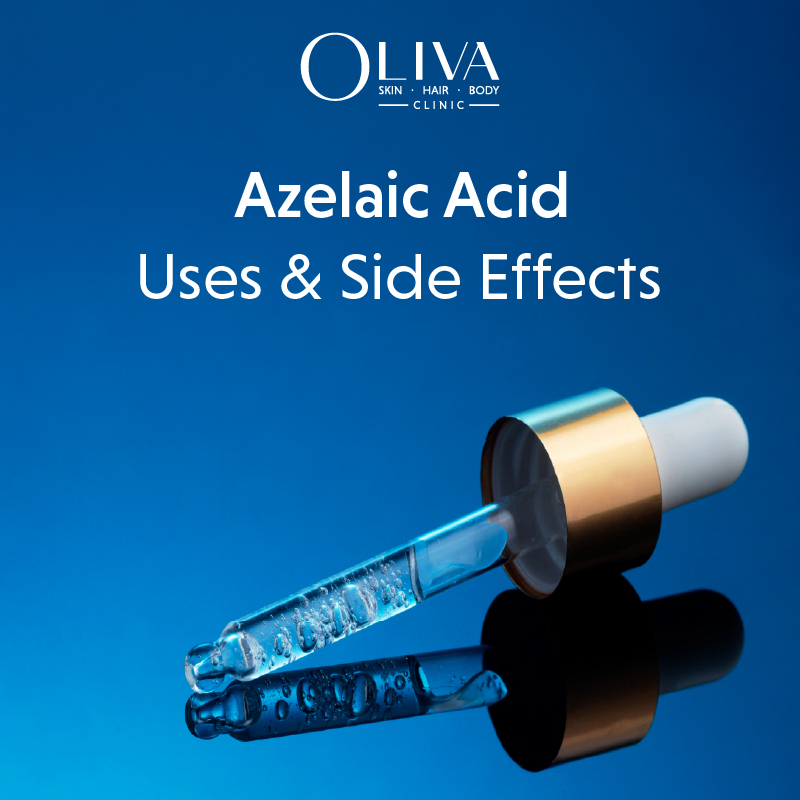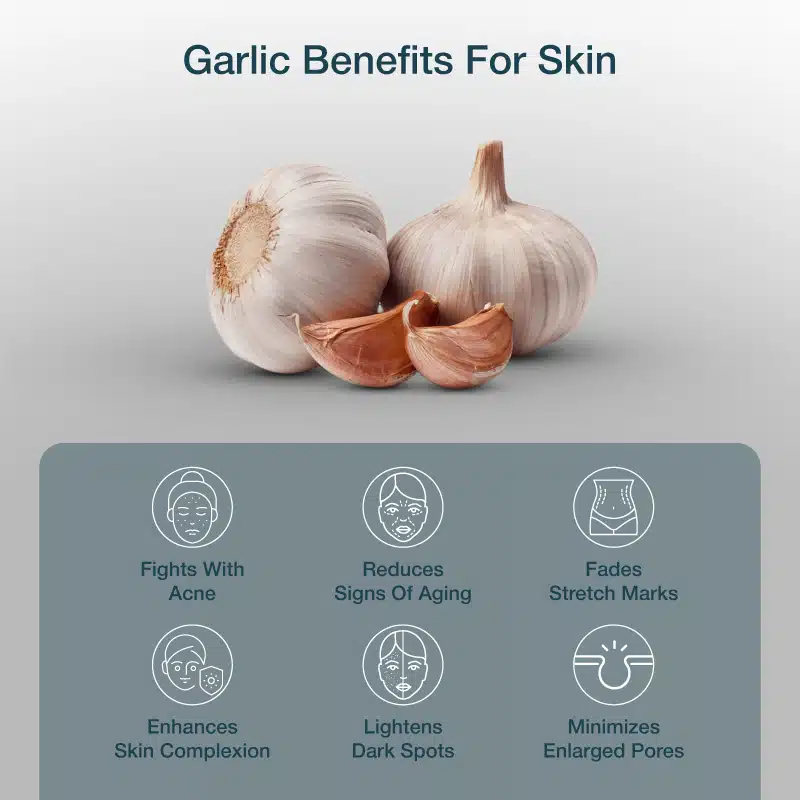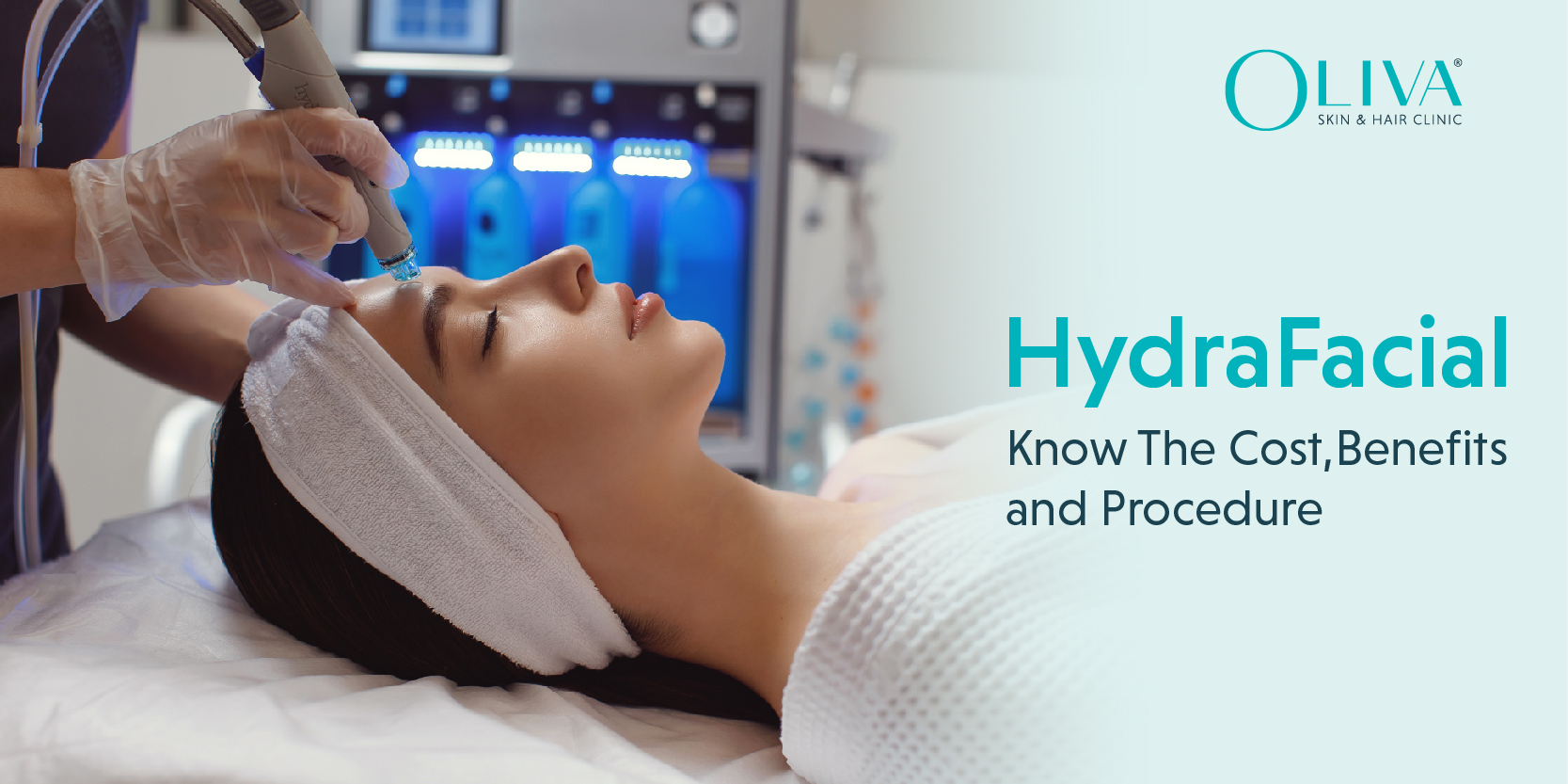In This Article
Lemon On Face: Benefits, How To Use, Cautionary Tips
Lemons aren’t just for refreshing drinks any more! This sunshine-coloured fruit packs a powerful punch when it comes to natural skincare. Packed with vitamin C and citric acid, lemons offer a treasure trove of benefits that can leave your face radiant and healthy. Let’s dive into how lemons can benefit to elevate your skincare routine:
In This Article

Skin Care Benefits of Lemon On Face
The following are the benefits of using lemon on face:
-
Collagen Boost:
Vitamin C, found abundantly in lemons, plays a vital role in collagen production. Collagen is a protein that provides structural support to your skin, keeping it plump and youthful. Studies indicate that vitamin C intake stimulates collagen synthesis, reducing the appearance of wrinkles and fine lines [1].
-
Fading Dark Spots:
The magic lies in citric acid, a key component of lemon juice. Citric acid acts as a mild bleaching agent, gently lightening hyperpigmentation caused by dark spots and acne scars [2]. It works by inhibiting the overproduction of melanin, the pigment responsible for skin colour.
-
Combating Acne Breakouts:
Lemons boast astringent properties. These properties help regulate sebum (oil) production on the skin. Excess sebum clogs pores, creating the perfect environment for acne-causing bacteria to thrive. By controlling oil production, lemons can help prevent breakouts [3]. Additionally, lemons possess antimicrobial properties that may help fight Propionibacterium acnes, the bacteria primarily responsible for acne [4].
-
Lightening Elbows and Knees:
Like fading dark spots, the citric acid in lemons can help lighten hyperpigmentation on elbows and knees. The gentle bleaching effect helps achieve a more even skin tone.
-
Managing Oily Skin:
As mentioned earlier, lemons are natural astringents. This property helps tighten pores and reduce excess oil production, resulting in a shine-free, matte complexion for those with oily skin.
-
Gentle Exfoliation:
Citric acid also acts as a mild exfoliant. It helps loosen and remove dead skin cells from the surface of the skin, revealing a brighter, smoother, and healthier-looking complexion underneath.
-
Natural Skin Brightening:
Vitamin C in lemons not only boosts collagen but also acts as an antioxidant. Antioxidants combat free radicals, unstable molecules that damage skin cells and contribute to dullness. By neutralising free radicals, vitamin C helps brighten the skin tone and promote a radiant appearance [5].
-
Combating Fungal Issues:
Lemons possess antifungal properties. Studies have shown that lemon juice extract can be effective against various fungal strains, including those that cause athlete’s foot and jock itch [6].
-
Rejuvenating and Refreshing:
Lemons have a natural astringent effect, which helps tighten pores. This, along with the mild antiseptic properties, can minimise redness and leave the skin feeling refreshed and invigorated.
Remember:
While potent, lemons require cautious use. Their acidic nature can irritate the skin. Always dilute lemon juice with water or honey before topical application. Conduct a patch test beforehand and never skip sunscreen after using lemons, as citric acid can increase sun sensitivity.
Best Ways To Apply Lemon On Face
Here are some of the best ways to apply lemon on the face:
-
Honey & Lemon:
Combine equal parts of fresh lemon juice and honey. Honey helps balance the acidity of lemon while offering antibacterial properties. Apply with a cotton pad to dark spots or acne scars, leave for 10-15 minutes, and rinse thoroughly. This will help brighten the skin naturally.
-
Yogurt & Lemon:
Mix 1 teaspoon of lemon juice with plain yogurt or gram flour (chickpea flour) to create a paste. Yogurt is soothing, while gram flour helps absorb excess oil [7]. Gently massage onto your face, avoiding the eye area. Rinse with lukewarm water. It will act as a natural exfoliator to remove excess oil and impurities from the skin.
-
Lemon & Oil-Free Moisturiser:
Add a few drops of freshly squeezed lemon juice to your oil-free moisturiser. Apply a thin layer, focusing on the T-zone. Remember, a little goes a long way – too much can dry out your skin. It will work to control oiliness and give your skin a matte finish.
-
Lemon & Rose Water:
After cleansing, use a cotton pad soaked in diluted lemon juice with rose water to give your skin a refreshing tone. Rose water adds a gentle fragrance and hydrating properties [8].
-
Lemon & Aloe Vera:
This duo brightens and soothes the skin. It targets dark spots, gently exfoliates, and hydrates for a healthy glow. For better results, mix equal parts lemon juice and aloe vera gel. Apply a thin layer (avoiding eyes), leave for 10-15 minutes, and rinse.
-
Lemon & Cucumber:
This refreshing mask combines lemon’s astringent properties with cucumber’s cooling effect. It reduces puffiness, controls oil, brightens skin, and soothes irritation. For better results, blend or grate a chilled cucumber and mix the pulp with 1 tablespoon of lemon juice. Apply the mixture, leave for 15-20 minutes, and rinse with cool water.
-
Lemon & Almond Oil:
This mask balances lemon’s brightening power with almond oil’s moisture. It tackles dark spots, exfoliates, hydrates dry skin, and soothes irritation. For better results, combine 1 teaspoon of lemon juice with 1 tablespoon of sweet almond oil. Apply the solution, leave for 15-20 minutes, and rinse with lukewarm water.Lemons can be an excellent addition to your natural skincare routine but use them wisely and cautiously. By following these tips, you can harness the power of lemons for a radiant, healthy complexion that glows!
Bonus Tip:
You can also use lemon peels! Grate the yellow zest and add it to homemade face masks for a touch of vitamin C and a delightful citrus scent.
Side Effects Of Applying Lemon On The Face
Here are the potential side effects of applying lemon on face:
- Irritation: Redness, burning, and stinging are common, especially for sensitive skin.
- Sunburn: Lemon juice increases sun sensitivity, making you more prone to sunburn.
- Dryness: The acidity of lemon juice can disrupt the skin’s natural moisture barrier, leading to dryness.
Cautions To Be Taken While Using Lemon On Face
Lemons are fantastic, but remember, they pack a punch! Here are some crucial things to keep in mind:
- Always dilute: Lemon juice is acidic and can irritate your skin. Dilute it with water or honey before applying it topically.
- Patch test first: Before using lemon juice on your face, do a patch test on your inner arm to check for any allergic reactions.
- Sunscreen is a must: Citric acid can increase sun sensitivity. Always wear sunscreen with SPF 30 or higher after using lemons on your face.
- Avoid broken skin: Never apply lemon juice to open wounds, cuts, or sunburns, as it can cause stinging and irritation.
- Listen to your skin: If you experience redness, burning, or excessive dryness, discontinue use immediately.
Takeaway
Lemons can offer some skin benefits, but they come with risks. It is always best to consult a dermatologist before using lemons on your face. We can help you create a safe and effective skincare routine that achieves your desired results.
Frequently Asked Questions On Lemon On Face
Generally, no. Lemon juice is acidic and can irritate the skin, leading to redness, burning, and even peeling. It’s best to dilute it with water, honey, or aloe vera gel before applying it topically.
Lemons have two key components that can benefit your skin:
Vitamin C: This acts as an antioxidant, helping fight free radical damage and potentially brightening the skin.
Citric Acid: This gentle exfoliant can help remove dead skin cells and promote smoother texture.
Lemon juice may temporarily help fade hyperpigmentation caused by sun damage or acne scars. However, it is not a guaranteed solution and can irritate sensitive skin. There are safer and more effective options available for skin lightening, such as topical creams with hydroquinone or kojic acid, laser, and chemical peel treatments.
No, not necessarily. While lemons contain vitamin C, the amount and stability are far lower than in a good quality vitamin C serum. The formulation of serums delivers a specific dose of stabilised vitamin C for maximum benefit with minimal irritation.
Technically, yes, but with caution. Diluted lemon juice can act as a mild astringent, potentially helping to tighten pores and control oil. However, the potential for irritation is high. There are much gentler and more effective toners available on the market.
The exfoliating properties of lemon juice might help remove some superficial tan, but it’s not a reliable solution. Additionally, the increased sun sensitivity could lead to further tanning.
Read This Next

Chemical Peel Treatment In Kolkata: Cost, Results & Procedure

Azelaic Acid For Skin: Uses, Benefits & Side Effects

Garlic Benefits for Skin: Fights Acne, Anti-Aging & Glowing Complexion

Hydrafacial Treatment: Cost, Procedure, Benefits & Side Effects

How to Manage Hyperpigmentation in Delhi’s Harsh Weather: Your Clear Skin Guide



